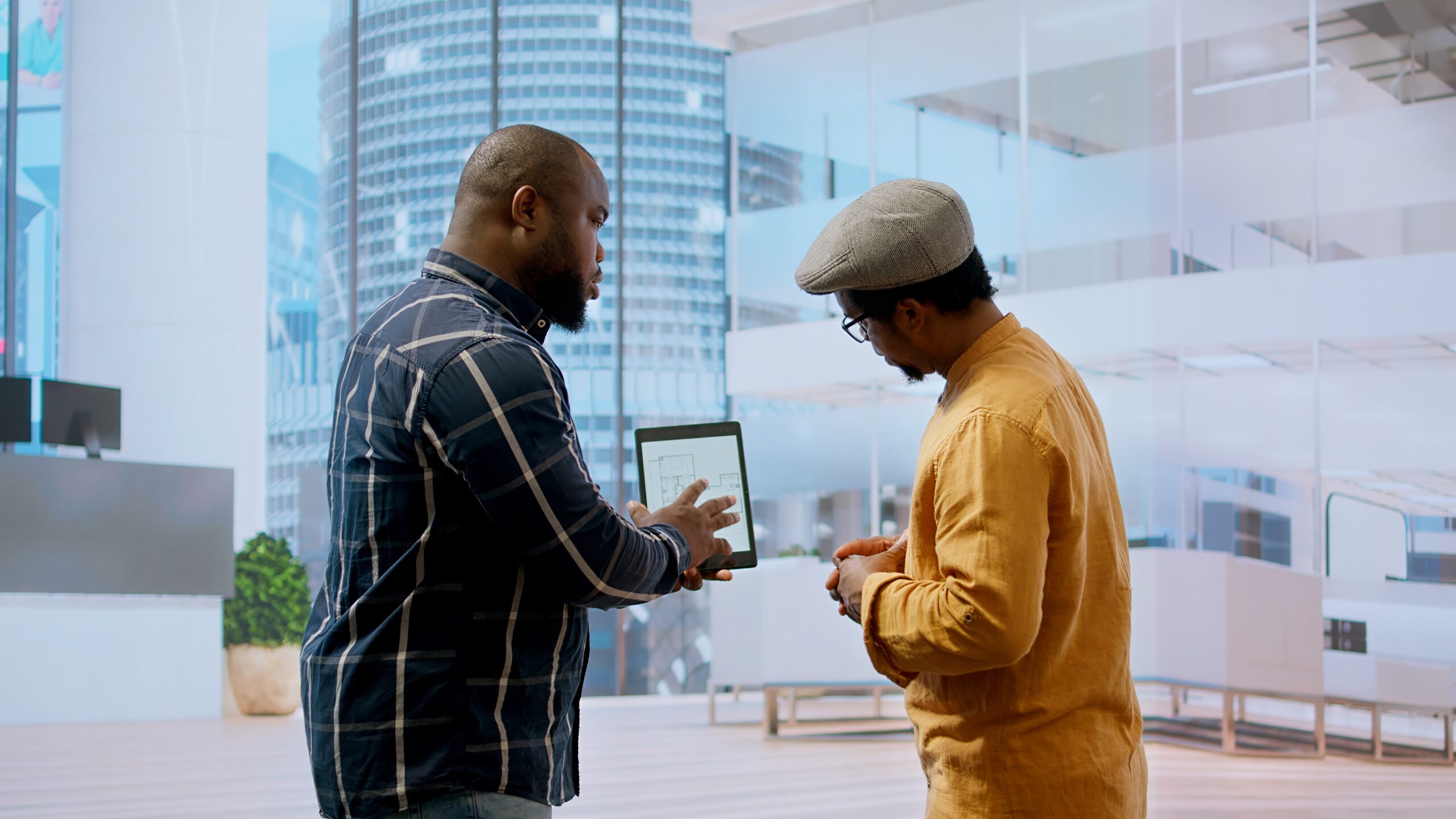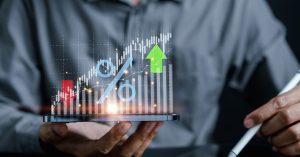Influencer marketing has evolved significantly beyond basic product placements and sponsored posts. Today, innovative practices driven by artificial intelligence (AI) are being utilized. From identifying the ideal influencers to assessing the success of campaigns, AI is transforming the way brands work with creators.
So, what does this mean for your business? Let’s move into how AI is changing influencer marketing and what you should know to remain competitive.
Why AI Is a Game-Changer for Influencer Marketing
Influencer marketing has evolved beyond counting followers and it focuses on building collaborations with the right creators, creating authentic campaigns, and delivering measurable results.
AI enhances this process, contributing to a smarter and efficient approach to navigate through influencer marketing. By analyzing vast amounts of data, AI helps brands identify the best influencers, predict campaign success, and adjust strategies on the go. This leads to better ROI and more meaningful partnerships.
How AI Is Transforming Influencer Marketing
You no longer have to scroll endlessly through Instagram and other social media platforms to find the right influencers in this Artificial Intelligence era.
AI-driven tools such as the well-known ChatGPT, or other more specific tools such as Upfluence and Pitchbox can now evaluate audience demographics, engagement rates, and content styles to see if they align with your brand. Leverage machine learning tools to connect influencers with your brand values and campaign objectives.
AI can also forecast campaign performance by examining past data, estimating reach, and predicting engagement, which aids brands in making informed decisions and effectively managing budgets.
Beyond the planning stage, AI enhances campaigns in real time by recommending changes to content, posting schedules, or influencer collaborations to optimize outcomes.
While not all influencers are genuine, some artificial intelligence tools, such as HypeAuditor, InBeat, Modash, and Analisa, can identify fake followers, bots, and fraudulent behavior, ensuring you collaborate with creators who provide real value.
Lastly, you can use AI tools such as Overloop and Apollo.io to streamline ROI tracking by offering comprehensive analytics on conversions, brand sentiment, and audience growth, making it simpler to assess success.
Real-World Examples of AI in Action
L’Oréal: The beauty giant uses AI to identify micro-influencers who align with their brand values and have highly engaged audiences.
H&M: The fashion brand leverages AI to analyze customer data and create personalized influencer campaigns that drive sales.
Influence.co: This platform uses AI to match brands with influencers based on campaign objectives, audience demographics, and content style.
What’s Next for Influencer Marketing?
As AI continues to evolve, so will influencer marketing. Here are a few trends to watch:
Hyper-Personalization: AI will enable brands to create highly personalized campaigns tailored to individual audience segments.
Voice and Video Analytics: AI will analyze voice and video content to measure tone, sentiment, and engagement.
Virtual Influencers: AI-powered virtual influencers are already making waves, and their role in marketing is set to grow.
AI is transforming influencer marketing, making it smarter, more efficient, and more effective. By embracing these tools, brands can stay ahead of the curve and build stronger, more authentic connections with their audiences.
Are you ready to take influencer marketing to the next level, let’s co-create magic to help you reach our wide network of influencers, selecting the most suitable personalities for your brand campaign. Contact us today!





